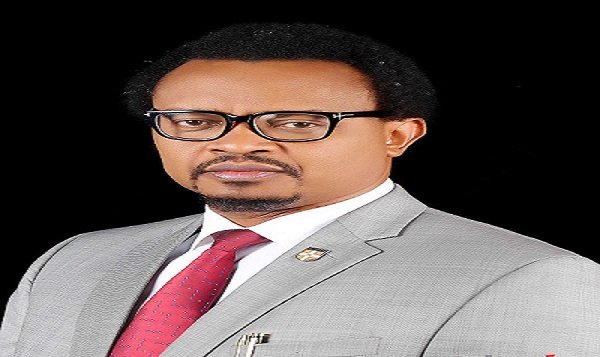
The Nigeria Gas Transportation Network Code will open a vista of opportunities for investors interested in the gas sub-sector of the oil and gas industry, Justice Derefaka, Technical Adviser (TA) on Gas Business and Policy Implementation to the Minister of State for Petroleum Resources, has said.
The flag-off of the Code’s operation was held virtually on Monday.
It was launched on February 10 by the Minister of State for Petroleum Resources, Chief Timipre Sylva.
Derefaka told The Nation that as encapsulated in the National Gas Policy (2017), the Network Code is critical to the government’s domestic gas development and export objectives.
“It will ensure that the wrong quality gas does not go into the pipeline, in addition to guaranteeing gas pipeline integrity, open access to pipeline and common understanding on metering,” he said.
The Code, he said, will also provide a uniform platform on guidelines for agreements between buyers and sellers, which will ensure transparency and eliminate existing bottlenecks.
Derefaka described the Network Code as “the best gift of the year to the gas sector and indeed the international investor community”.
According to him, the Nigerian Gas Master Plan, the National Gas Supply and Pricing Regulation 2008 (which is undergoing a review by critical stakeholders in the gas sub-sector) and the National Gas Policy 2017 all recommend the introduction of the Network Code.
He said the Code assures investors and international financiers that their investments are safe and secure.
Derefaka said with the Code going into effect, and as part of a regulatory and operational mechanism, it has other ancillary agreements and licenses to be issued to users.
“In a nutshell, the go-live of the Network Code system will play a vital role in ensuring that it delivers the energy that is the lifeblood of our economy, keeping our lights on, our homes warm and our businesses running,” he said.
Its implementation, he said, will intensify the use of gas in the transportation sector (in both liquefied (LNG) and compressed natural gas (CNG) forms; enhance alternative means of distribution, such as virtual pipelines; and facilitate pioneering technologies on storage of electricity in the formin of hydrogen or synthetic gas (“power to gas” or P2G).
Derefaka said apart from the nine ministerial mandate priority deliverables of the Ministry of Petroleum Resources from 2019-2023, the implementation of the Network Code could be described as “one of the four great milestones of the Honorable Minister’s priority deliverables for the oil and gas industry”.
He said: “The others are completion of the first phase bidding round of the Nigerian gas flare commercialisation program (NGFCP), which has the potential of overall inward foreign direct investment of US$ 3-3.5 billion.
“Once operational, projects launched under the NCFCP will reduce Nigeria’s emissions by ~13 MM tons of CO2 per year; producing 600,000 MT of liquefied petroleum gas (LPG) per year and generating 2.5GW of power from new and existing Independent Power Plants (IPPs).”
The other two, he said, are the 2020 Marginal field licensing round, which will deepen the participation of Nigerian businesses in the upstream segment of the oil and gas industry in line with the Nigerian (Local) Content Act, and the Petroleum Industry Bill (PIB) that aims to aggregate all the Laws that govern the petroleum industry.
“The four priority deliverables of the Honorable Minister of State for Petroleum Resources will lead to job creation and strengthening of Nigerian Local Content enforcement.
“This applies to both human and materials resources; acceleration of skill development in the sector; development of our abundant circa 203 TCF of natural gas that has not been fully tapped along with its potential for power generation in the country, which is needed for industrialisation, economic diversification and domestic consumption.
“It will also improve and maximise Federal Government ’s revenue from the oil and gas industry,” Derefaka said.
